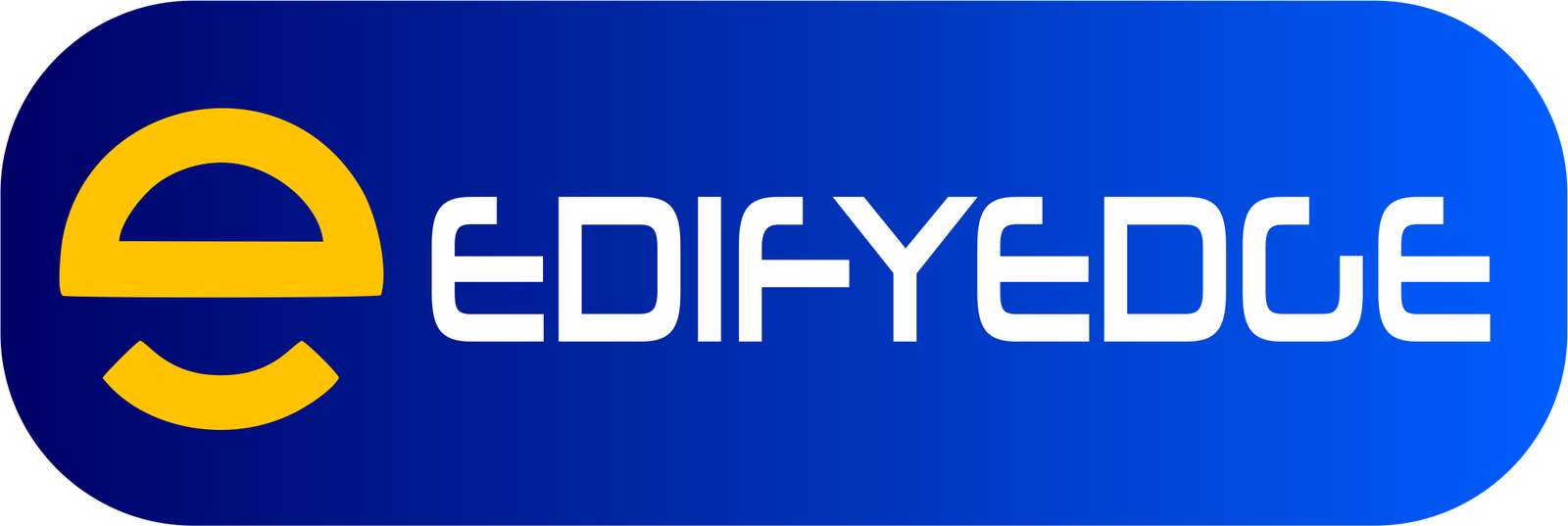What Are Bank of America Business Loans?
Bank of America offers a range of financing solutions to help businesses of all sizes meet their capital needs.
Bank of America’s business loan offerings typically include:
-
Lines of Credit: A line of credit provides businesses with access to a revolving source of funds, allowing them to borrow as needed up to a predetermined limit. This type of financing is useful for managing cash flow, covering short-term expenses, or taking advantage of business opportunities as they arise.
-
Equipment Financing: Bank of America offers specialized financing options to help businesses acquire essential equipment, machinery, or vehicles needed for their operations.
To be eligible for a Bank of America business loan, companies generally need to meet certain criteria, such as being in business for a minimum period, demonstrating sufficient revenue and cash flow, maintaining a good credit history, and providing collateral or personal guarantees, depending on the loan type and amount requested.
Loan Amounts and Uses
Bank of America offers a wide range of loan amounts to cater to businesses of all sizes and their diverse financing needs. Loan amounts typically start from $10,000 and can go up to several million dollars, depending on the type of loan, the business’s creditworthiness, and the intended use of the funds.
These business loans can be utilized for various purposes, including:
Working Capital: Businesses can use the funds to cover day-to-day operational expenses, such as payroll, inventory purchases, rent, utilities, and other recurring costs. This can help bridge cash flow gaps and ensure smooth operations.
Business Expansion: Whether it’s opening a new location, purchasing equipment, or increasing inventory, Bank of America’s business loans can provide the necessary capital to fuel growth and expansion plans.
Debt Refinancing: Existing business debts, such as outstanding loans or credit card balances, can be consolidated and refinanced at potentially lower interest rates, simplifying repayment and reducing overall borrowing costs.
Real Estate Acquisition: For businesses looking to purchase commercial property, such as office spaces, retail locations, or industrial facilities, these loans can finance the acquisition and any necessary renovations or improvements.
Franchise Financing: Entrepreneurs interested in purchasing a franchise can utilize these loans to cover the initial franchise fee, equipment costs, and other start-up expenses associated with launching a franchised business.
By offering a diverse range of loan amounts and flexible use options, Bank of America aims to meet the varying financial needs of businesses across different industries and growth stages.
Interest Rates and Fees
Bank of America offers competitive interest rates on its business loans, with rates varying based on factors such as loan amount, loan type, creditworthiness, and market conditions. Generally, larger loans with longer repayment terms tend to have lower interest rates compared to smaller loans with shorter terms.
The interest rates for Bank of America business loans are determined based on the prime rate, which is the rate that banks charge their most creditworthy customers. The bank then adds a margin to the prime rate, depending on the specific loan product and the borrower’s creditworthiness. Borrowers with stronger credit profiles and more collateral typically qualify for lower interest rate margins.
In addition to interest rates, Bank of America charges various fees associated with its business loans. Common fees include:
-
Origination fees: These are upfront fees charged to process and establish the loan, typically ranging from 1% to 5% of the loan amount.
-
Annual fees: Some loan products may have an annual fee, which is a fixed amount charged each year for maintaining the loan.
-
Late payment fees: If a borrower misses a scheduled payment, they may be subject to late payment fees, which can be a flat amount or a percentage of the missed payment.
-
Prepayment penalties: Certain loans may include prepayment penalties if the borrower pays off the loan early, designed to compensate the bank for lost interest income.
Repayment Terms and Schedule
For smaller loan amounts, such as those under $100,000, Bank of America generally requires repayment within one to three years. Larger loans, often used for significant investments or expansions, may have repayment periods extending up to seven years. This longer repayment timeline helps reduce the monthly payment burden, making it more manageable for businesses to service the debt while maintaining their operations.
Monthly payments are calculated based on the loan amount, interest rate, and repayment term. Borrowers can expect to make consistent, fixed payments throughout the loan’s lifetime, which helps with budgeting and financial planning.
Applying for a Bank of America Business Loan
To apply for a business loan from Bank of America, you’ll need to follow these steps:
-
Gather Required Documents: Prepare the necessary documents, including business financial statements (profit and loss statements, balance sheets, and cash flow statements), personal financial statements, business tax returns, business licenses, and legal documents (articles of incorporation, commercial leases, etc.).
-
Complete the Application: You can initiate the loan application process online, over the phone, or by visiting a local Bank of America branch. The application will require detailed information about your business, such as its legal structure, industry, ownership, revenue, expenses, and the purpose of the loan.
Submit Supporting Documentation:
-
After completing the initial application, you’ll need to provide the required supporting documents mentioned earlier. The bank may also request additional information or clarification during the review process.
-
Undergo Credit and Background Checks: Bank of America will evaluate your personal and business credit history, as well as conduct background checks on the business owners and key personnel. Strong credit scores and a clean credit history can improve your chances of approval.
-
Provide Collateral (if required): Depending on the loan amount and your business’s financial strength, you may need to provide collateral to secure the loan. Acceptable collateral can include real estate, equipment, inventory, or other business assets.
-
Review and Acceptance: If your loan application is approved, Bank of America will provide you with the loan terms, interest rate, repayment schedule, and any additional conditions or requirements. Review the terms carefully and accept or negotiate if necessary.
-
Closing and Funding: Once you’ve accepted the loan terms, the bank will finalize the loan documentation, and you’ll need to sign the agreement. After closing, the loan funds will be disbursed to your business account.
Security and Collateral Requirements
For many Bank of America business loans, collateral is required to secure the loan and mitigate the lender’s risk. The specific collateral requirements depend on factors like the loan amount, business financials, credit profile, and the purpose of the financing.
Collateral is typically needed for larger loan amounts or when the business has limited operating history or cash flow. Common forms of accepted collateral include:
- Real estate (commercial or residential properties)
- Equipment and machinery
- Inventory and accounts receivable
- Cash savings or investment accounts
- Vehicle titles
Bank of America will assess the value of the proposed collateral through appraisals or valuations. The lender aims to ensure the collateral value can sufficiently cover the outstanding loan balance if the borrower defaults. Businesses with stronger financials and credit may be able to qualify for unsecured loans or lines of credit without putting up specific collateral.
Qualification Factors
Securing a business loan from Bank of America requires meeting certain qualification criteria. Here are some key factors the bank considers:
Credit Score: Your personal and business credit scores play a significant role in the approval process. A higher score can help you qualify for lower interest rates and better terms.
Bank of America may have minimum time-in-business requirements, such as two or three years, for certain loan products.
Collateral: Depending on the loan amount and type, Bank of America may require collateral as security. Common forms of collateral include real estate, equipment, inventory, and accounts receivable. The value and quality of the collateral can impact your approval chances and loan terms.
Industry and Business Plan: The bank will evaluate your industry’s stability, growth potential, and your business’s position within it. A well-crafted business plan demonstrating your company’s viability and growth prospects can strengthen your loan application.
Meeting these qualification factors can increase your chances of loan approval and potentially secure more favorable terms.
Supporting Services and Advice
Bank of America offers a range of supporting services and advice to help businesses succeed alongside their loan products.
This may include templates, guides, and even one-on-one consultations with experienced business advisors. A well-crafted business plan is essential for securing financing and setting your company up for long-term success.
Accounting and Tax Advice: Managing finances and staying compliant with tax regulations can be challenging for small businesses. Bank of America partners with accounting professionals and tax experts to offer advice and guidance in these areas. You can access resources, attend educational seminars, or schedule consultations to ensure your business is on track financially and legally.
Other Services: In addition to business planning and financial advice, Bank of America offers a variety of other services to support businesses. These may include:
- Access to discounts and exclusive offers from partners and vendors
- Networking events and opportunities to connect with other business owners
- Educational resources, such as webinars, articles, and podcasts on various business topics
- Specialized services for specific industries or business types
Alternatives to Consider
Bank of America business loans are a solid option for many businesses, but they’re not the only game in town. Depending on your specific needs and qualifications, you may want to explore some alternative financing options.
Other Traditional Lenders: Many other national and regional banks, as well as credit unions, offer business loan products. It’s worth comparing rates, terms, and qualification requirements across multiple lenders.
However, rates can be higher, and loan amounts may be smaller.
SBA Loans: Loans partially guaranteed by the U.S. While the application process is more involved, SBA loans often offer low rates and favorable terms for qualified borrowers.
Crowdfunding: Platforms like Kickstarter and Indiegogo allow businesses to raise funds directly from individual backers or investors. Crowdfunding can be a viable option for startups, product launches, or creative projects but may not suit every business model.



